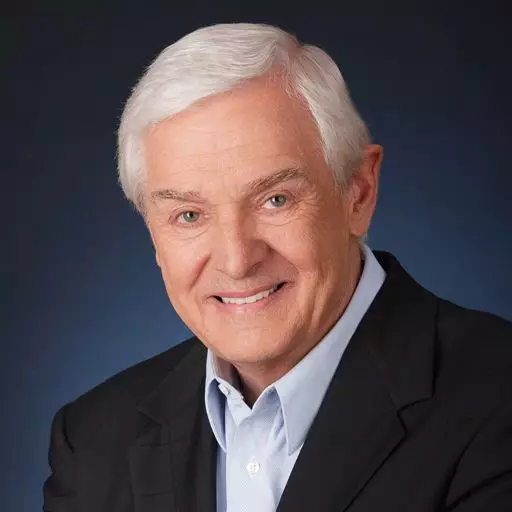Next time you’re stuck in traffic, do a visual survey of auto bumpers and back windows—you’ll realize that there is no end to the causes currently being promoted and funded in our culture. The digital revolution and resulting technologies have created a vast amount of new wealth over the last two decades, much of it being used to fund favorite as well as emergency causes. Americans continue to be the most generous people on earth.
The two wealthiest Americans, Bill Gates and Warren Buffett, each of whom has committed much of his personal billions to causes, have begun asking fellow billionaires to commit to giving away at least half their wealth to worldwide causes—with significant success so far.
This culture of causes in which we live reinforces a solid biblical principle and causes us to evaluate our own contribution to causes. The principle is this: We do not live for ourselves. Our lives are to be others-focused. As those in whom God has made a deposit of His grace and the treasure of His Gospel, we are obligated as stewards to be faithful to the causes of the Master.
Jesus’ Parable of the Talents (Matthew 25:14-30) clearly teaches that we are accountable for the resources God has given us (to include time, talent, and treasure). And the apostle Paul says that stewards have one overriding obligation: faithfulness (1 Corinthians 4:2). So, if we have been blessed with resources, and our responsibility is to be faithful to God’s expectations, the logical question is, “What would God have us do?”
A Culture of Christ
This may disappoint you, but I’m not going to give you a list of causes to be involved in. However, I will say this: The more intimately we know the heart of God and spend time growing in awareness of His priorities, values, and plans, the more likely we are to know how to invest our resources.
First, consider Jesus’ motivation for coming into the world: “For even the Son of Man did not come to be served, but to serve . . .” (Mark 10:45a). Those words of Jesus tell us immediately where our focus should be: on others. Jesus did not have a single self-serving reason for coming to planet earth. He came on behalf of others—on behalf of the entire human population. If we have been given a mission to go into all the world on His behalf, then we will go, like Him, with an others-centered focus. We will faithfully use the resources entrusted to us for the benefit of those Jesus came to serve.
Second, consider Jesus’ purpose: “For even the Son of Man [came] . . . to give His life a ransom for many” (Mark 10:45b). Bound up in the word “ransom” is a Bible’s worth of understanding. Ransom is a price paid for those held captive to secure their freedom. So Christ came into the world for an eternal purpose—to free those held captive by Satan so they might be restored to a life of fellowship with their Creator not only during their tenure on earth but ultimately for all eternity.
Third, consider Jesus’ heart: “Let nothing be done through selfish ambition or conceit, but in lowliness of mind let each esteem others better than himself. Let each of you look out not only for his own interests but also for the interests of others. Let this mind be in you which was also in Christ Jesus” (Philippians 2:3-5). Jesus (God) literally put Himself in a subservient position. On purpose, He chose to invest Himself in meeting the needs of others when He came to earth. He sacrificially did without in order that others might be supplied.
Just from those three examples we can see a bit of the heart of God—surely enough to help us know how to narrow the focus of our own lives. God came to earth to serve others in a sacrificial manner that would have eternal, redemptive consequences for their lives—now and for eternity.
A Culture of Caring
Nobody can create a list for you of the causes in which you should invest the time, talent, and treasure God has entrusted to you. You and I create our own lists by following Christ and the leading of His Spirit. As we follow Him deeper into the kingdom of God, we will see how service and sacrifice combine to produce temporal, then eternal, results. We will create our own culture of eternal causes that are consistent with Christ’s—a life lived for others in His name.
###
David Jeremiah is the founder of Turning Point for God, and serves as Senior Pastor of Shadow Mountain Community Church in El Cajon, California.
For more information about Turning Point, go to www.DavidJeremiah.org.


